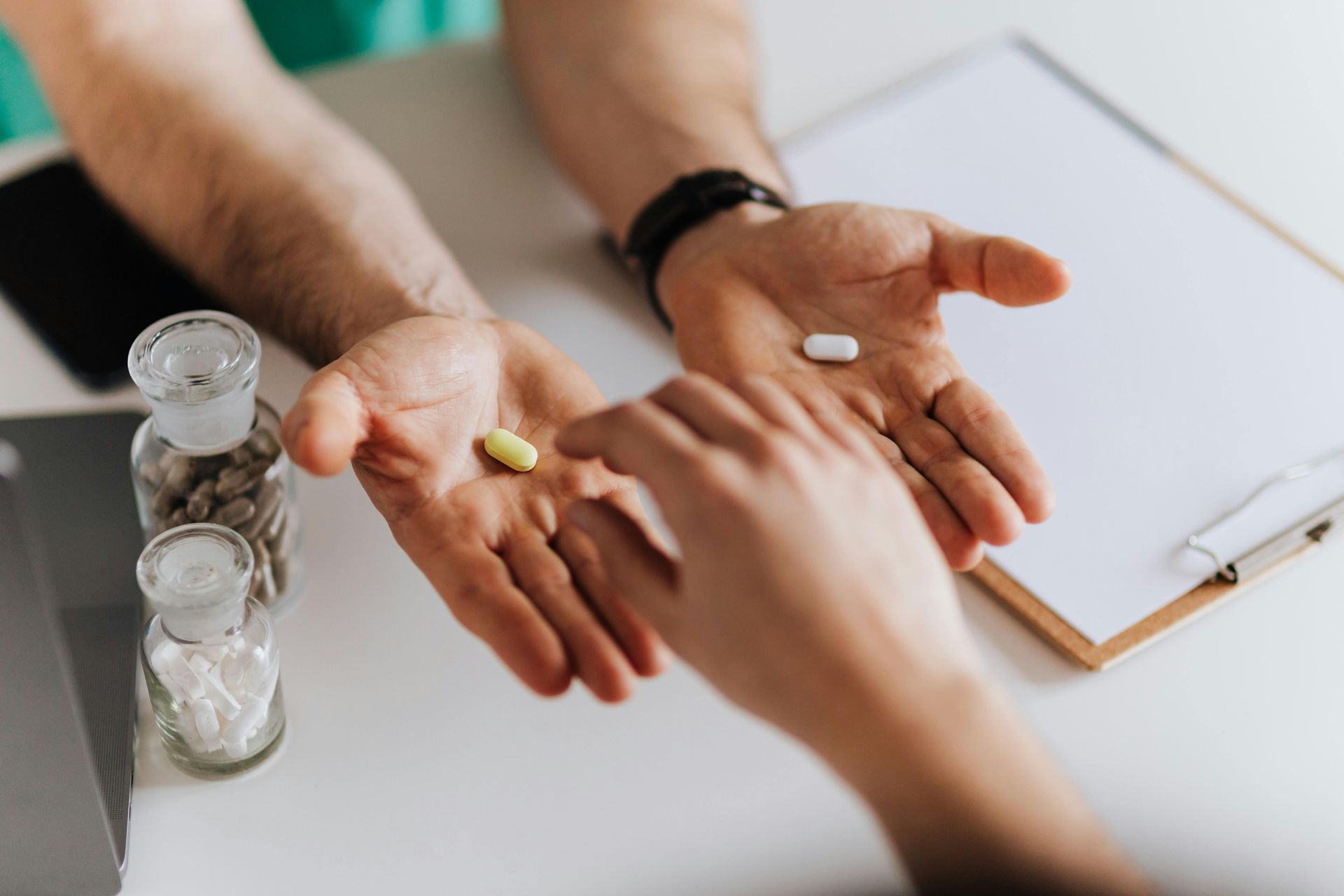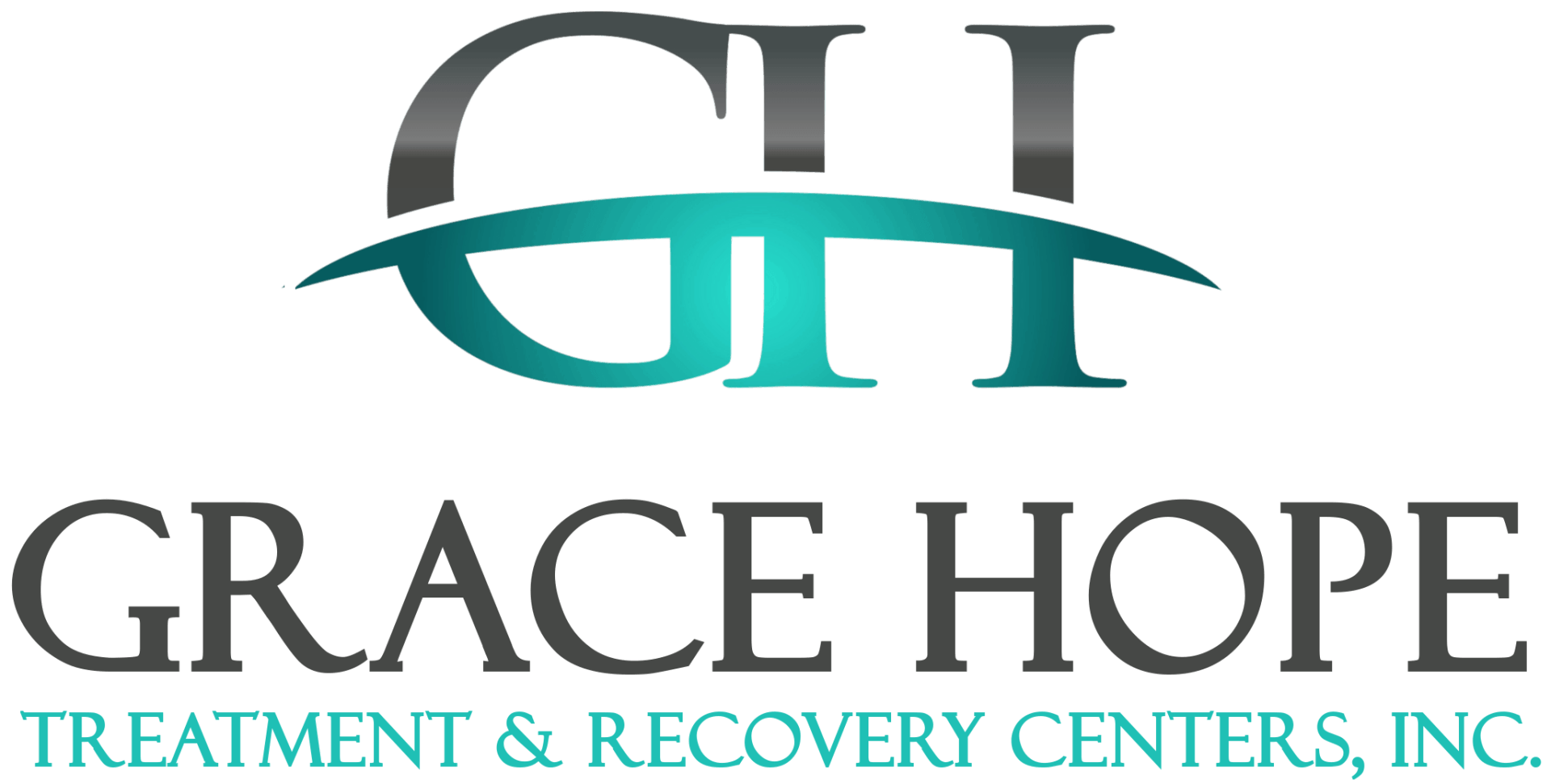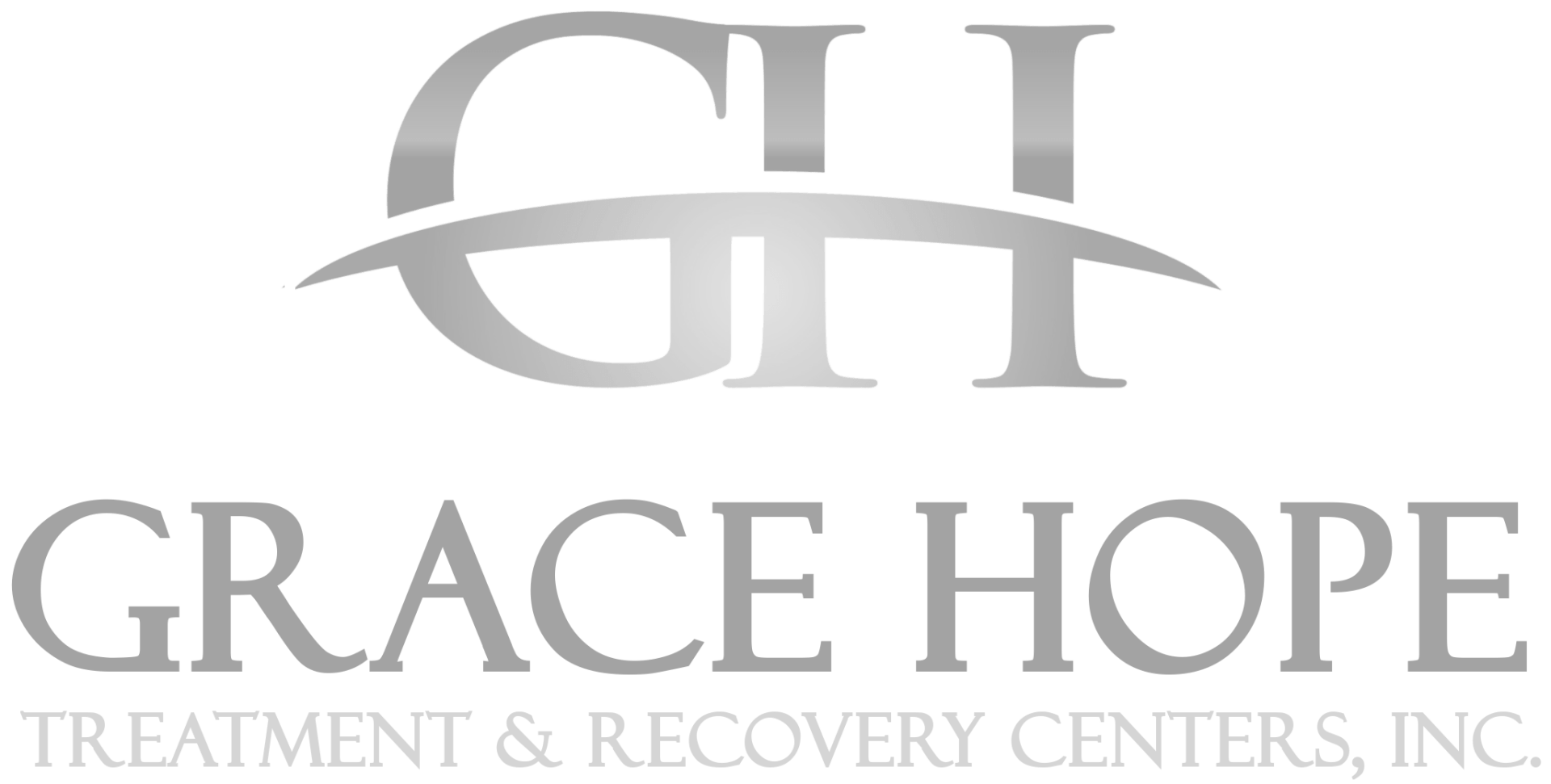What Everyone Needs to Know About Early Recovery
Early Recovery: Advice for Just Starting Out

Starting the journey of recovery is one of the most courageous and life-changing decisions a person can make. Whether you're coming out of treatment, detox, or simply making the decision to get sober on your own, early recovery can feel overwhelming. The good news is — you’re not alone. Many have walked this path before you and found a life beyond their wildest dreams. Here’s some collected advice for navigating those crucial early days and laying the foundation for long-term recovery.
1. Take It One Day at a Time
You’ve probably heard this phrase already — and that’s because it works. The idea of staying sober forever can feel impossible, especially in the beginning. Instead, focus on just staying sober today. Breaking recovery down into small, manageable steps makes the process feel less overwhelming. Some have reported that developing a mantra like, “I can do this just for today” can be very helpful.
2. Find a Support System
Recovery is not meant to be done alone. Whether it's a 12-step fellowship, SMART Recovery, or another recovery community, find people who understand what you're going through. Having a network of people who truly get it can be the difference between making it through a tough day or falling back into old patterns. Relying on a counselor or therapist can make recovery easier, not easy, easier.
3. Get Comfortable Being Uncomfortable
Early recovery is full of uncomfortable emotions — anxiety, fear, loneliness, shame — all the feelings that substances once helped numb. Remember that these emotions are temporary. Learning to sit with discomfort without running from it is one of the most powerful skills you’ll develop in recovery. A good counselor will teach you breathing techniques and mindfulness to help make yourself more comfortable.
4. Create a Routine
Structure is your best friend in early recovery. Plan out your days, even if it’s just simple things like waking up at the same time, going to meetings, eating regular meals, and exercising. A consistent routine helps rebuild trust in yourself and keeps your mind from wandering to unhealthy places.
5. Be Honest — Especially When It's Hard
Honesty is the backbone of recovery. That means being honest with yourself, your support network, and the people trying to help you. If you're struggling or having cravings, speak up. You’re not expected to have it all figured out — you’re only expected to be honest. When someone asks you how you are doing, tell them, let your support system help you navigate your emotions and figure out what is helpful.
6. Find Purpose in Small Things
In early recovery, it can feel like your whole identity is being rebuilt. Small, simple actions like making your bed, showing up on time, or helping another person can give you a sense of purpose and help rebuild self-worth. Purpose doesn’t have to be some grand, life-changing mission — it’s found in the small, consistent actions that align with your values.
7. Be Patient with Yourself
You didn’t become addicted overnight, and you won’t heal overnight either. Recovery is a journey— not a destination. Celebrate small victories, and remember that progress, not perfection, is the goal.
8. Keep an Open Mind
There’s a saying in recovery: “Your best thinking got you here.” Be open to new ideas, suggestions, and perspectives. What worked for others might work for you, even if it doesn’t feel comfortable at first.
9. Focus on Belonging, Not Just Sobriety
Sobriety is more than just not using — it’s about creating a life where you feel connected, valued, and at home. Whether it’s through meetings, spirituality, creative outlets, or friendships, seek out places where you feel like you belong.
10. Never Give Up
Relapse is not a requirement, but if it happens — don't let shame keep you down. Every day sober is a miracle, and every setback is an opportunity to learn. Keep showing up, no matter what.
Recovery is not about becoming a perfect version of yourself — it’s about becoming the most honest, connected, and purposeful version of yourself. You’re not just giving up substances — you're creating a life worth living. The road may not always be easy, but you are never alone.
If you're just starting out, know that there’s a whole community of people ready to walk this journey with you — one day at a time. We have dedicated, educated, supportive staff standing by ready to assist you on your road to recovery. If you or someone you love is struggling with substance use disorder, call 866-618-0016 for a free consultation and discover how Grace Hope can support your recovery journey.
You might also like






